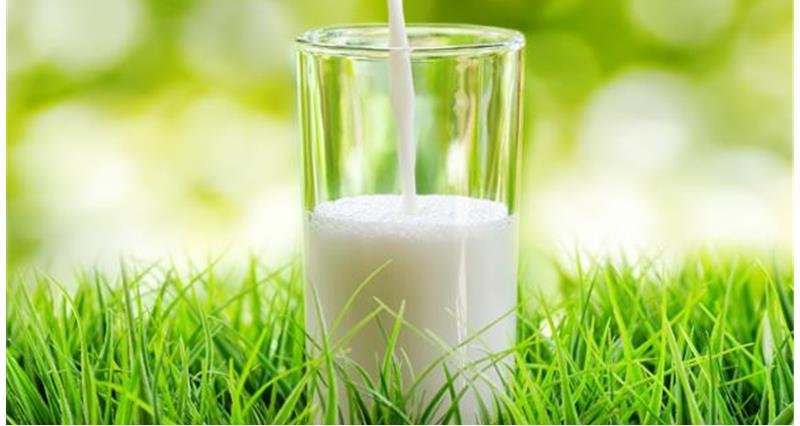However, the bacteria that can benefit some people is dangerous to others and due to the increase in consumers reporting illnesses associated with drinking raw milk, the Food Standards Agency (FSA) is reviewing the legal requirements for selling raw drinking milk (RDM).
The NFU is holding a raw milk producer conference at Stoneleigh Park on 3 May in conjunction with the FSA to help members better understand the regulation around producing, labelling and selling raw milk, as well as where support can be found. Guidance will be given on how to take action to prevent any foodborne illness, and advice for businesses that are impacted when illness is reported. All raw milk producers will be invited through the FSA.
The law
Selling raw milk in Scotland is banned, but it is legal in England, Wales and Northern Ireland. However, producers must take steps to reduce the risk of illness.
RDM and cream made from raw milk must have the appropriate label and health warning on its packaging. In England, it must state: “This milk has not been heat treated and may contain organisms harmful to health.”
Tips for raw milk producers
- RDM sellers must register with the FSA. If the sale of RDM is distributed to the point of sale, then you must register as a distributor.
- Supply herd must be healthy and bTB free.
- Production holding, milking premise and dairy must comply with hygiene rules.
- RDM must be labelled with the appropriate health warning. Cream must be clearly labelled 'made with raw milk'.
- Keep RDM refrigerated. If delivering RDM to consumers, it is advisable to have a cooling and recording system in place.
- Use-by dates should be clearly displayed.
FSA England is introducing new labelling rules to bring English requirements in line with Wales. This will happen later this year, and includes a transition period to help farmers comply.
Although the sale of RDM amounts to only a small fraction of total milk sales (0.01%), vulnerable groups of consumers such as children, the elderly, pregnant women and those with poor immune systems can be more susceptible to food-borne illness and are advised by Public Health England not to consume RDM.
Sources of contamination can include:
- Faeces from soiled animals, especially teats, udders and tails
- Bacteria from poor milking practices, dirty hands and equipment (including bulk milk tanks) and failure to clean and disinfect teats effectively before milking
- Failure to detect abnormal milk, such as mastitis, blood or clots
- Foreign bodies, such as dust, bedding materials and animal hair
- Inadequately cleaned bottle filling stations or vending machines
- A breakdown of the cool chain, allowing the growth of harmful bacteria.
It is advisable to test for the following quarterly:
- Indicator bacteria: Generic E coli, Listeria spp, aerobic colony counts, Coliforms
- Pathogenic bacteria: Salmonella, STE, campylobacter, coagulase positive staphylococci
- Listeria monocytogenes
It is also advised that shelf-life testing is carried out for listeria monocytogenes. In the event of a microbiological sample testing positive for any of these harmful bacteria, producers must take action to prevent the contamination resulting in a food-borne illness.
